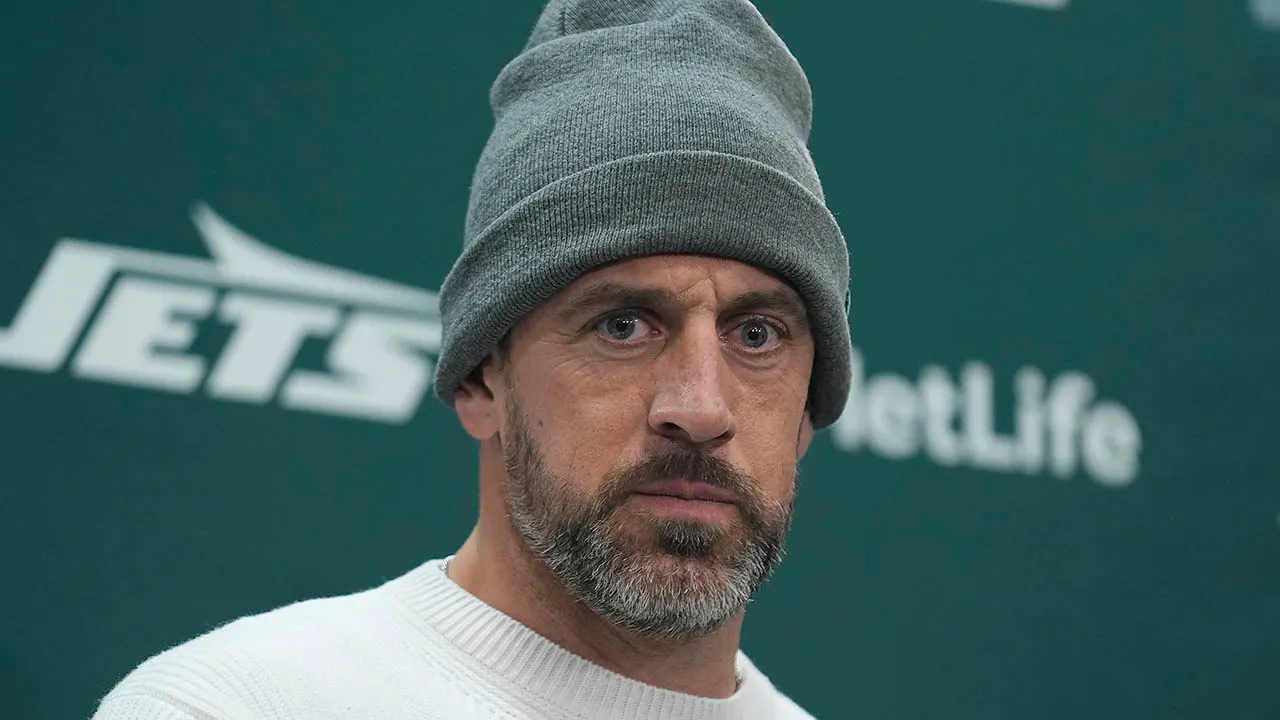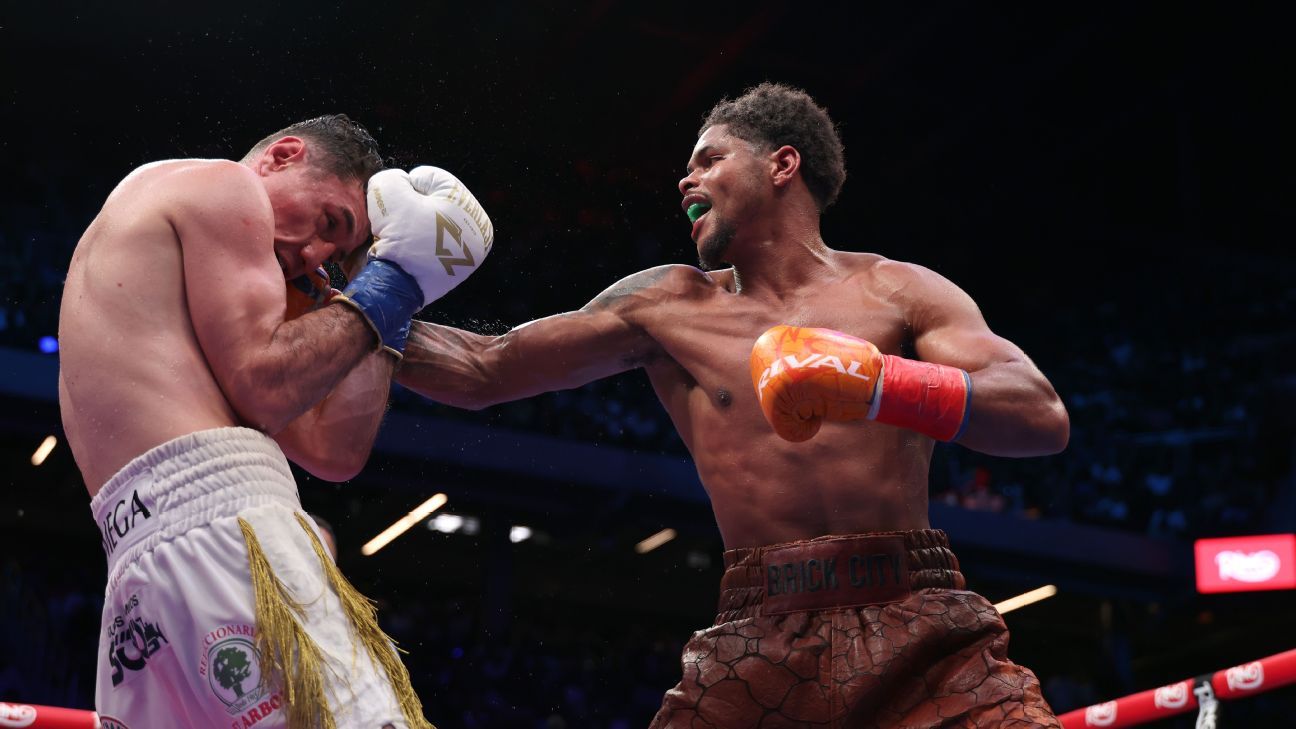Aaron Rodgers Challenges the Inclusion of Trans Athletes in Women’s Sports
NFL quarterback Aaron Rodgers has ignited a fiery debate by questioning the participation of transgender athletes in women’s sports. During a recent podcast appearance, the four-time MVP argued that biological differences create unfair advantages, raising concerns about competitive integrity. His comments, made on June 10, 2024, have drawn both support and backlash, reopening a national conversation on equity, inclusion, and science in athletics.
The Controversy: Rodgers’ Stance and Immediate Reactions
Rodgers, known for his outspoken views, stated, “We can’t ignore the physiological realities. Testosterone levels, bone density, and muscle mass matter in competition.” He cited examples like Lia Thomas, the University of Pennsylvania swimmer who became the first transgender NCAA Division I champion in 2022, as evidence of an uneven playing field. Critics, however, accuse Rodgers of oversimplifying a complex issue.
Dr. Rachel McKinnon, a transgender cyclist and philosophy professor, countered, “Sports policies should prioritize inclusion. Trans women are women, and their participation doesn’t undermine fairness when guidelines are science-based.” Meanwhile, a 2023 Gallup poll revealed that 55% of Americans oppose transgender athletes competing in women’s sports, highlighting the divisiveness of the topic.
Scientific and Ethical Dimensions of the Debate
Research on transgender athletes’ performance remains limited but influential. A 2021 British Journal of Sports Medicine study found that trans women retain a 12–15% athletic edge over cisgender women even after two years of hormone therapy. Yet, the International Olympic Committee (IOC) updated its guidelines in 2022 to emphasize individual case assessments rather than blanket bans.
- Proponents of inclusion argue that sports should adapt to reflect societal progress, noting that transgender athletes face significant barriers to participation.
- Opponents stress biological fairness, pointing to cases like New Zealand weightlifter Laurel Hubbard, who qualified for the 2020 Olympics amid controversy.
Legal and Policy Landscape
Governments and sports leagues are grappling with conflicting approaches. Since 2020, 24 U.S. states have banned transgender students from girls’ sports teams, while the NCAA maintains sport-specific policies. Globally, World Athletics barred trans women from elite female competitions in 2023 unless they meet strict testosterone thresholds.
Rodgers’ comments come as the U.S. Supreme Court prepares to review a Tennessee law restricting transgender athletes’ participation—a case that could set a national precedent. Legal scholar Erin Buzuvis warns, “Politicizing this issue risks harming vulnerable youth. The focus should be on evidence, not ideology.”
Voices from the Sports Community
Reactions among athletes are polarized. Tennis legend Martina Navratilova, once a skeptic, now advocates for “open categories” alongside gender divisions. Conversely, WNBA star Sue Bird supports full inclusion, stating, “Sports teach belonging. Excluding trans athletes contradicts that spirit.”
Rodgers’ stance has also drawn scrutiny given his platform. Former NFL player Ryan O’Callaghan, who came out as gay in 2017, remarked, “Celebrities must weigh their words carefully. These debates affect real lives.”
What’s Next for Trans Athletes in Competitive Sports?
The controversy shows no signs of abating. Advocacy groups like Athlete Ally are pushing for uniform inclusion policies, while organizations such as the Women’s Sports Foundation call for more research. For now, the clash between fairness and inclusion remains unresolved, with science, law, and culture on a collision course.
As Rodgers’ comments reverberate, one thing is clear: the future of women’s sports will hinge on balancing equality with equity. For those seeking to engage deeper, contact your local legislators to voice your perspective on this critical issue.
See more Sky News Portal



